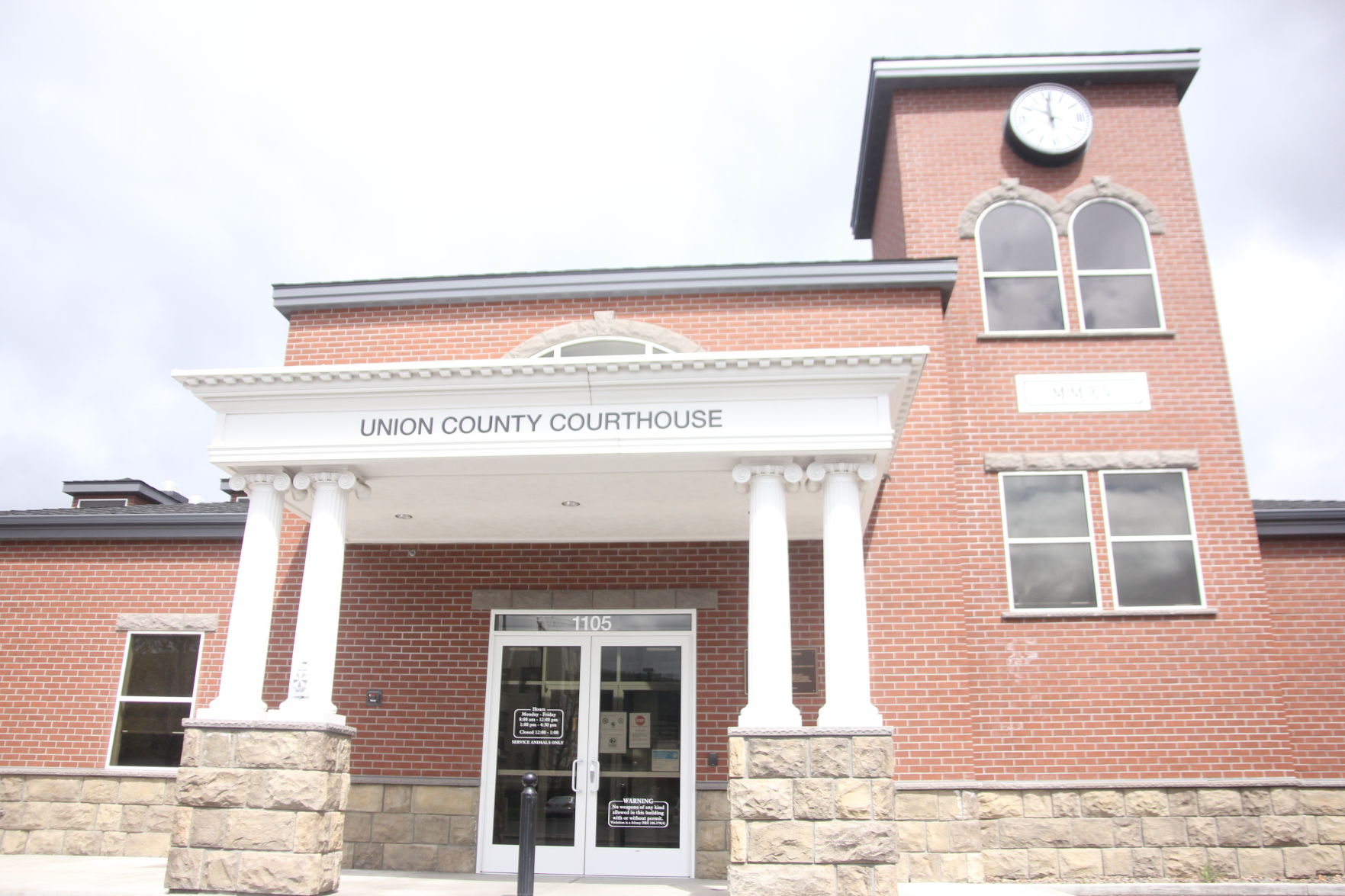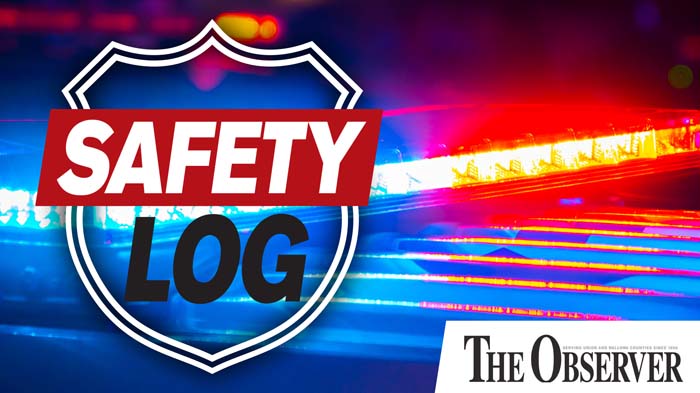Oregon Justice Resource Center warns lawmakers it may go to court over drug addiction bill
Published 9:00 am Wednesday, March 6, 2024

- Oregon lawmakers face a potential lawsuit that would seek to block the drug addiction proposal from becoming law.
SALEM — An Oregon nonprofit that advocates on behalf of incarcerated people warned legislative leaders and Gov. Tina Kotek on Thursday, Feb. 29, that it may go to court to block the Legislature’s drug addiction proposal.
The Oregon Justice Resource Center says House Bill 4002 fails to provide information about the its financial impact, which is required by state law. The bill, which passed the House on Feb. 29, would rescind parts of Measure 110 and make possession of small amounts of drugs a misdemeanor, with required treatment and the potential for jail only for probation violations or revocations. It still needs a vote in the Senate to go to the governor for a signature.
In a letter to House Speaker Dan Rayfield, Senate President Rob Wagner and Kotek, the center’s attorneys wrote that the fiscal analysis published with the bill violates the law in “several glaring and egregious ways.”
That’s based on an Oregon law that lays out the required information about the costs for proposals that would create a new crime.
The fiscal impact statement fails to follow the law because it doesn’t have required information about the costs for local law enforcement, estimated arrests and additional people in jail, or project the costs for the next decade, both required by state law, the letter said.
“The fiscal impact statement, inadequate though it is, confirms that HB 4002 will lead to extraordinary costs to state and local governments,” the letter said.
The fiscal impact statement was released Wednesday, one day before the House vote.
Some of the sought information – but not all of it – surfaced in a different analysis of the bill published by the Oregon Criminal Justice Commission, a state agency that studies and tracks criminal justice policies. That report estimates Oreogn would have nearly 2,300 misdemeanor drug convictions annually. The report also predicted an estimated 226 jail beds would be filled with people whose probation would be revoked if the measure were fully in effect.
Spokespeople for the governor, Wagner and Rayfield had no immediate comment.









